The University of Texas at Austin is the latest institution of higher education to make drastic staffing changes in the wake of restrictive legislation targeting diversity, equity and inclusion initiatives. With the anti-DEI law SB 17 taking effect in January, UT Austin has laid off dozens of employees and shut down an entire division devoted to community engagement and diversity programming.
The decision comes as state leaders pressure public universities to comply with the controversial law, which critics say undermines efforts to create inclusive campuses and support marginalized students. Now, the flagship university in Texas joins a growing list of schools grappling with the fallout of policies aimed at limiting discussions of race, gender and sexuality on campuses across the country.
A Big Move Following DEI Ban
The University of Texas at Austin made a major move this week that signals growing fallout from Texas’ controversial new ban on diversity, equity and inclusion (DEI) programs.
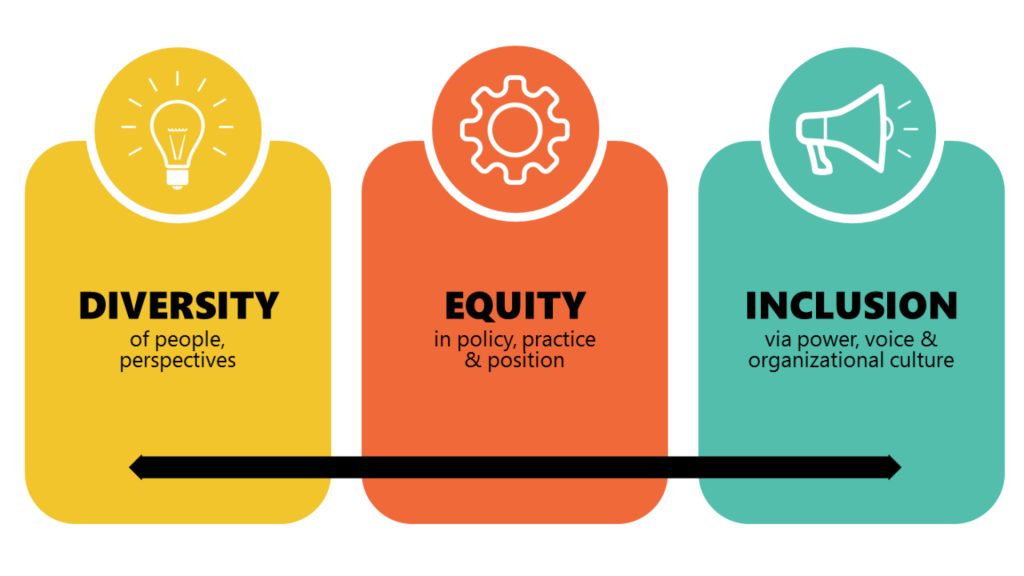
Dozens of employees lost their jobs, showing how an anti-DEI law passed last year is now having real consequences in higher ed.
Overview of Texas’ Ban on Diversity, Equity and Inclusion Programs
Senate Bill 17, passed in 2021, banned the teaching of critical race theory in Texas public colleges. Known as the “Stop WOKE Act,” the law prohibits schools from requiring students to attend diversity and inclusion training.
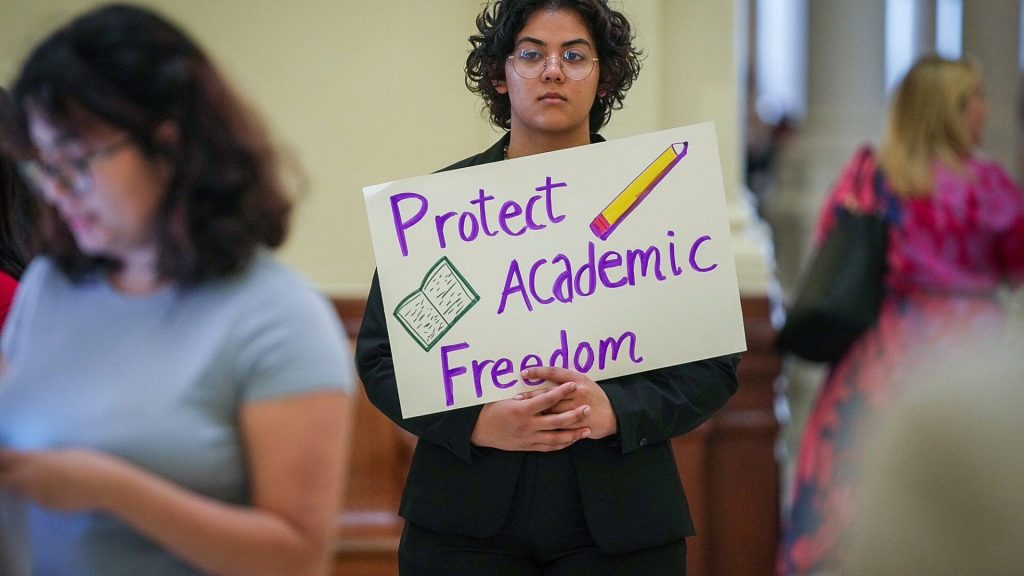
It also banned schools from giving “course credit for political activism or lobbying.”
What the Law Bans
The law prohibits schools from promoting “divisive concepts” like that individuals are inherently racist or sexist by virtue of their race or sex.
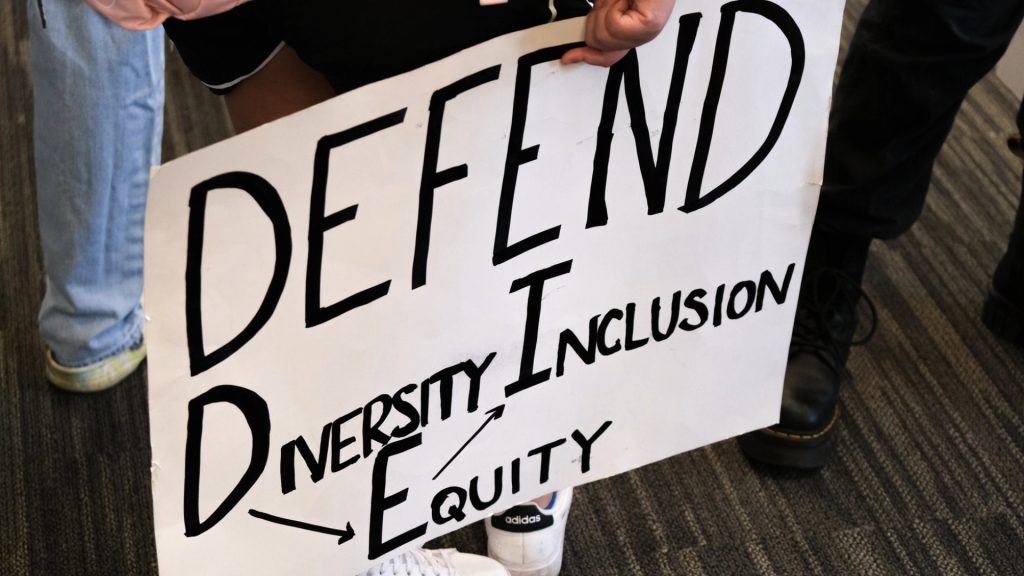
It bars schools from requiring students to attend training that promotes such ideas. Schools also cannot give course credit for “political activism or lobbying.”
Impact on University of Texas
The University of Texas at Austin has eliminated over 60 staff positions related to diversity, equity and inclusion programs to comply with the new law.
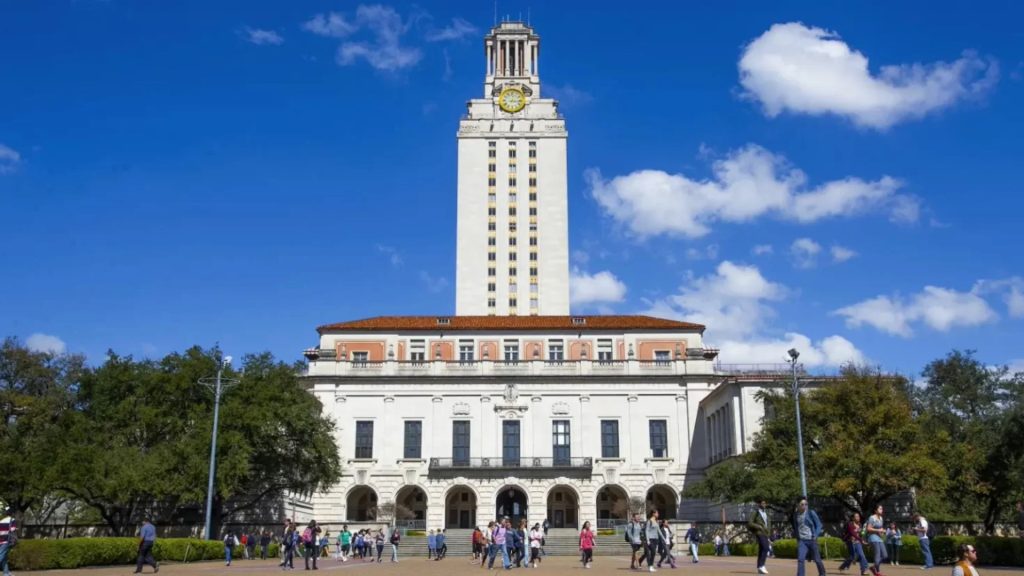
The school is closing its Division of Campus and Community Engagement, formerly the Division of Diversity and Community Engagement. Funding for DEI initiatives will be redirected to “support teaching and research.”
Criticism of the Law
Critics argue the law limits free speech and academic freedom. The American Association of University Professors warned that prohibiting certain ideas in the classroom “compromises the central mission of higher education.”
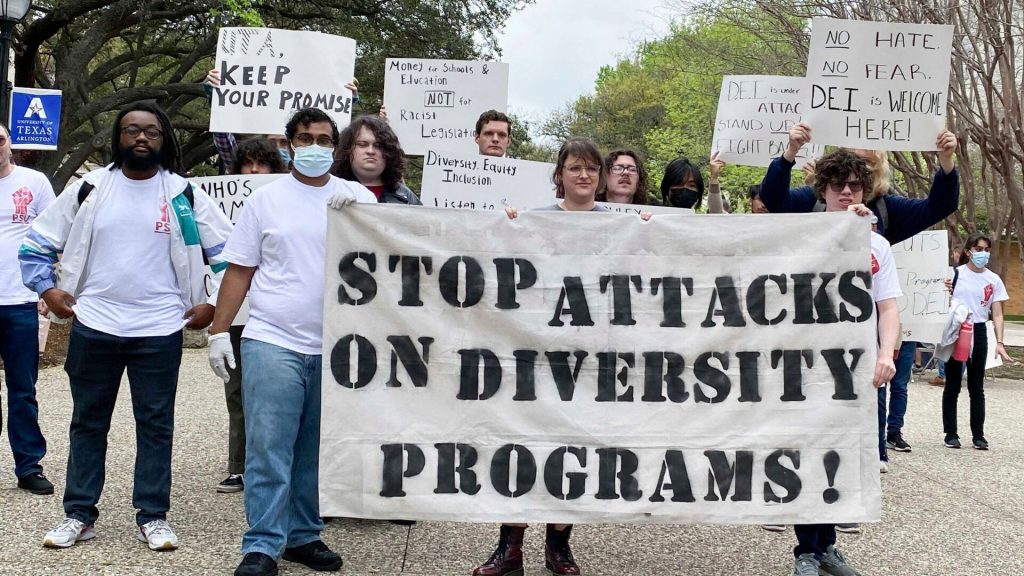
The law faces ongoing legal challenges, with a federal judge temporarily blocking similar legislation in Florida. However, the Texas law remains in effect as the legal process plays out.
The Future of Diversity and Inclusion Efforts at UT Austin
The decision to close the Division of Campus and Community Engagement and lay off dozens of staff members signals a major restructuring of the university’s approach to diversity and inclusion.
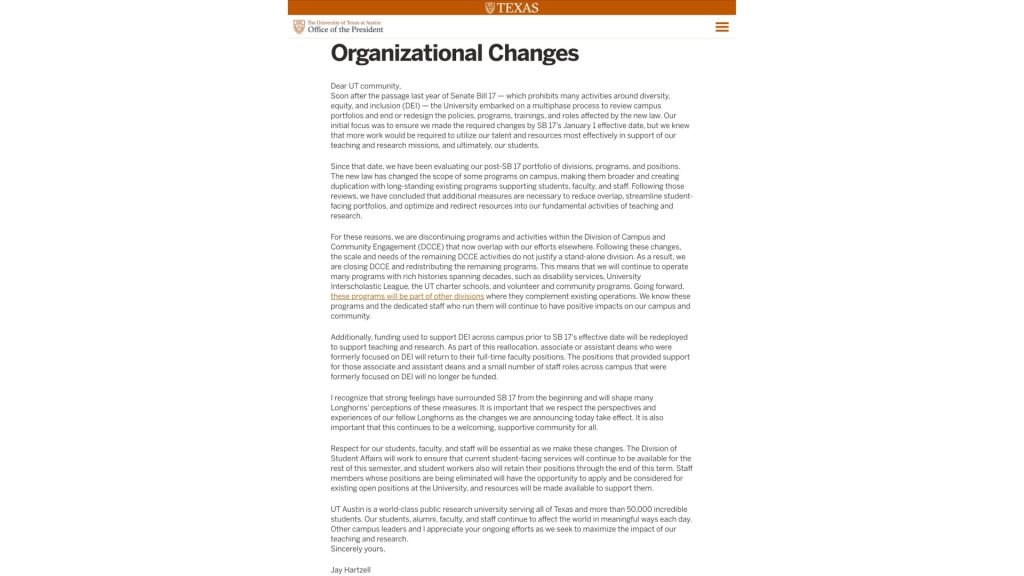
While President Hartzell has said that the remaining programs will be redistributed, the specific details of how this will happen remain unclear. Some fear that diversity and inclusion may lose institutional support and priority without a dedicated division.
Redirecting Funding from Diversity Initiatives
President Hartzell also announced that funding previously allocated to diversity and inclusion programs will now be redirected to “support teaching and research.”

On the one hand, some may argue this will detract resources from important diversity work. On the other hand, others may feel that funding core university functions is a higher priority. There are good arguments on both sides, and reasonable people can disagree.
Catering to Different Viewpoints
The new anti-DEI law appears to have been motivated by concerns that diversity and inclusion efforts promote “liberal” values, which some disagree with.
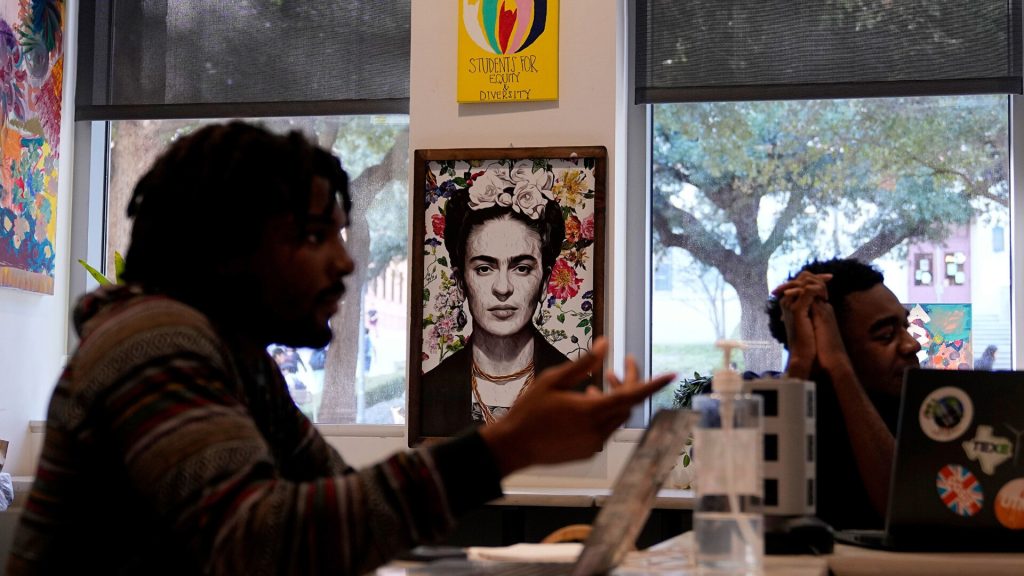
To comply with the law but still support marginalized groups, UT Austin will need to find a way to promote diversity and inclusion in a way that respects different viewpoints. This may mean focusing more on promoting mutual understanding between groups and addressing specific barriers to opportunity rather than endorsing particular ideologies.
Changes at UT Austin’s Division of Campus and Community Engagement
The University of Texas at Austin recently announced major changes to the Division of Campus and Community Engagement.
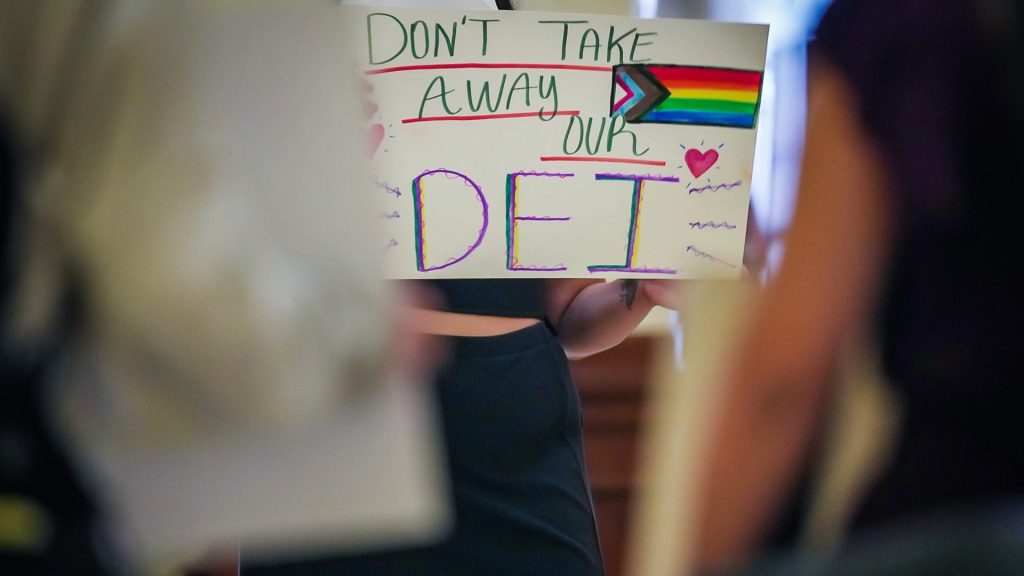
The university decided to eliminate the division altogether following the implementation of Senate Bill 17, Texas’ new anti-DEI law.
Restructuring and Redundancies
According to UT Austin President Jay Hartzell, SB 17 “changed the scope of some programs on campus, making them broader and creating duplication with long-standing existing programs supporting students, faculty, and staff.”

After reviewing these programs, the university concluded that “additional measures are necessary to reduce overlaps, streamline student-facing portfolios, and optimize and redirect resources into our fundamental teaching and research activities.”
A Historical Look At DEI in Education Institutions
Diversity, equity, and inclusion (DEI) programs have been around for decades in higher education. They aim to promote inclusive learning environments, address disparities, and support marginalized groups on campuses.
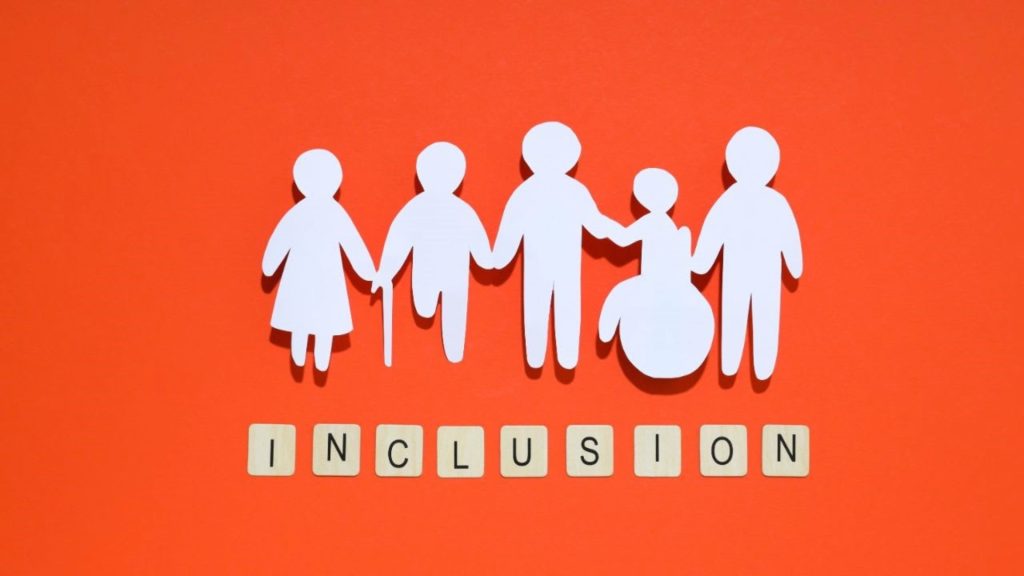
During the civil rights movement, DEI programs began emerging on campuses in the 1960s. They focused on increasing access and support for minority students. Over time, the scope of DEI expanded to include other marginalized groups like women, LGBTQ students, and people with disabilities.
DEI Backlash and Bans
In the past few years, DEI programs have faced backlash, especially from conservatives who claim they promote harmful ideologies like critical race theory. Several states have passed laws banning DEI programs or restricting how schools can discuss issues like racism and sexism.
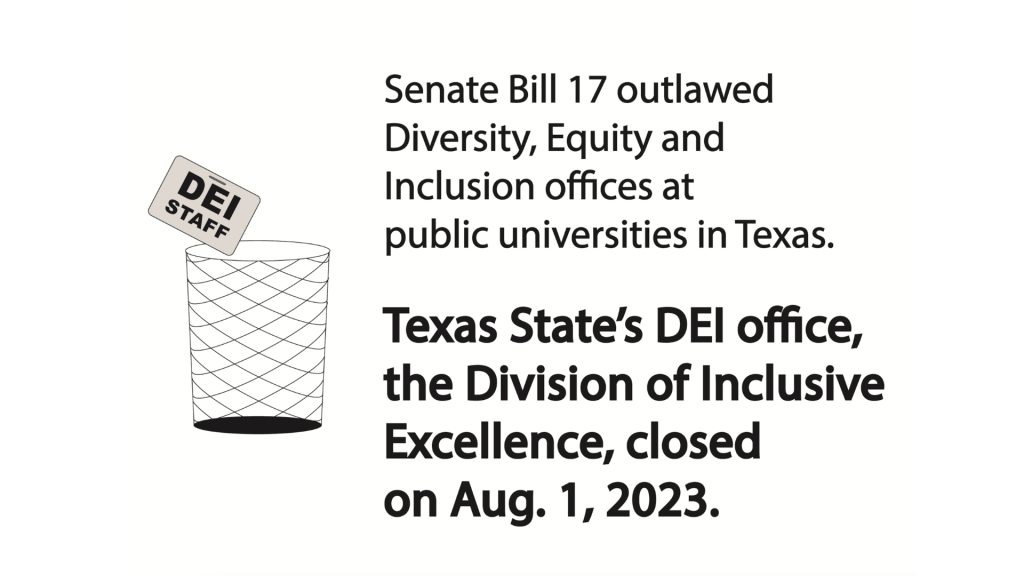
Banning or limiting DEI programs can have major consequences. Marginalized groups may feel unwelcome or unsupported. There are also concerns that faculty and students may leave restrictive states for more inclusive campuses.
Campus and Community Engagement Division Closure
As part of the changes, UT Austin is shutting down the Division of Campus and Community Engagement, which was previously called the Division of Diversity and Community Engagement.
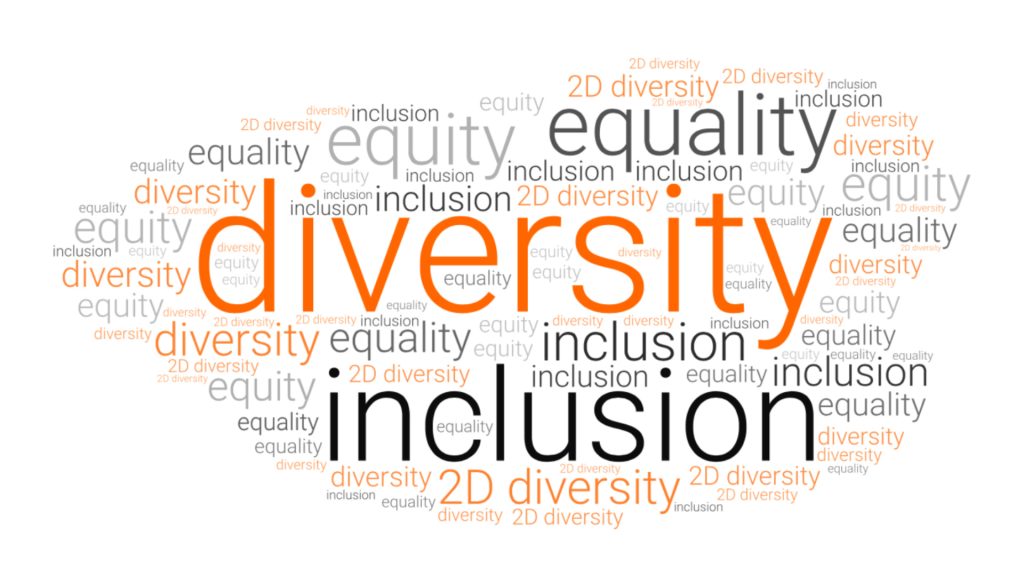
The division employed many of the staff whose positions were cut. Hartzell said the move will help the university “reduce overlaps, streamline student-facing portfolios, and optimize and redirect resources into our fundamental teaching and research activities.”
Concerns About Impact on Marginalized Students and Faculty
The decision to eliminate dozens of positions and entire departments focused on diversity and inclusion has raised concerns about the well-being of marginalized groups at UT Austin.
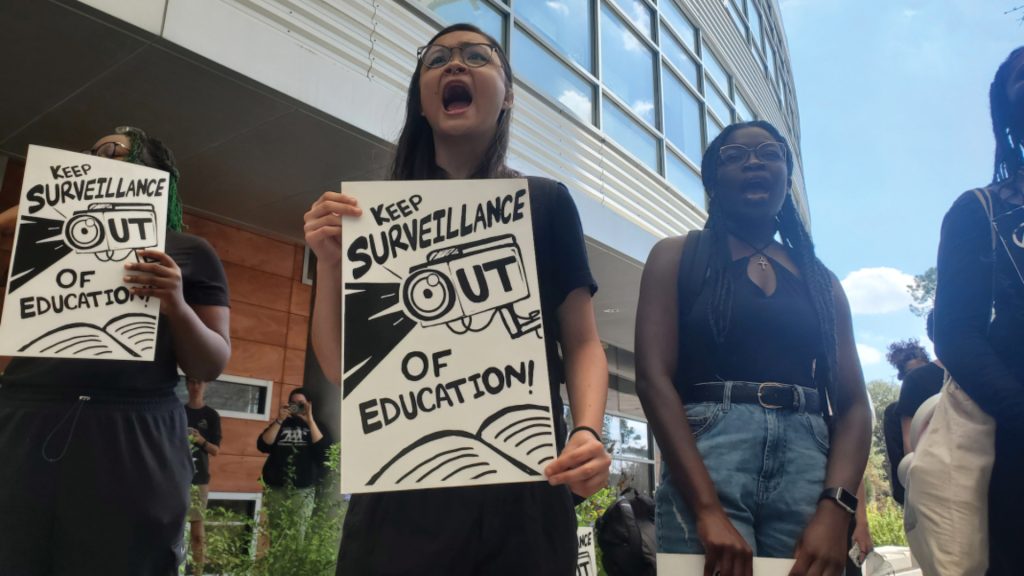
Students from minority and underrepresented groups often rely on resources like cultural centers, diversity officers, and targeted programming to find community and support at large universities. The loss of staff and infrastructure specifically aimed at helping these students threatens to isolate them on campus.
Questions About Priorities
Some have questioned whether the new law and UT’s compliance with it signal a shift away from supporting marginalized groups in favor of avoiding controversy.
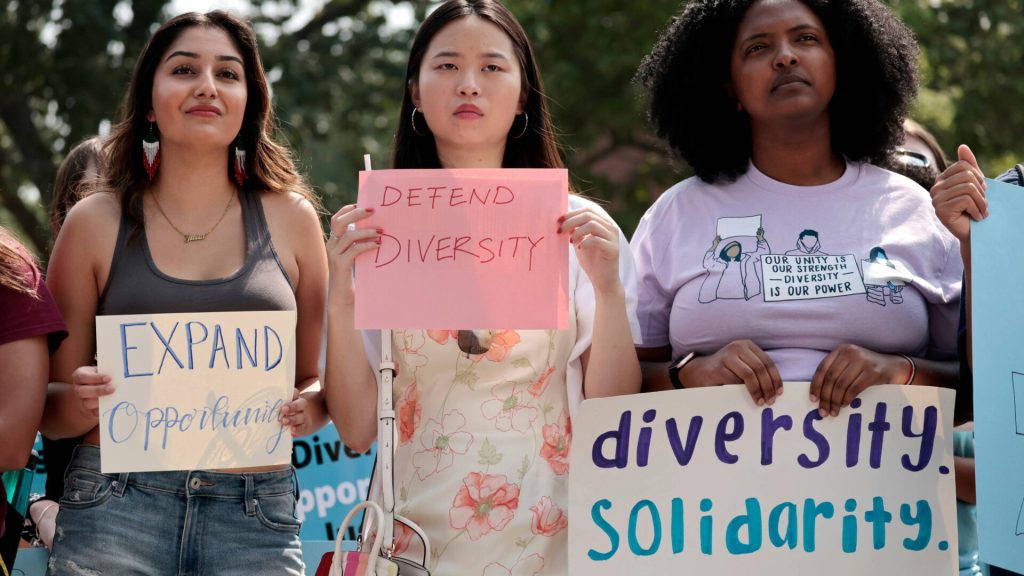
The decision to eliminate entire departments and reorganize remaining diversity programs under more general divisions indicates a desire to make them less visible and targeted. While President Hartzell maintains the changes will not impact the university’s commitment to diversity and inclusion.
University of Florida’s Response To Bans on DEI Programs
The University of Florida announced plans to eliminate certain DEI programs to comply with a new state law banning the promotion of certain concepts like white privilege.

However, the university president said UF would “follow the law” while still supporting inclusion. Other Florida schools like Florida State University and the University of South Florida have taken similar steps.
University of North Carolina’s Response To Bans on DEI Programs
In contrast, the University of North Carolina system has openly criticized anti-DEI bills under consideration in its state legislature.
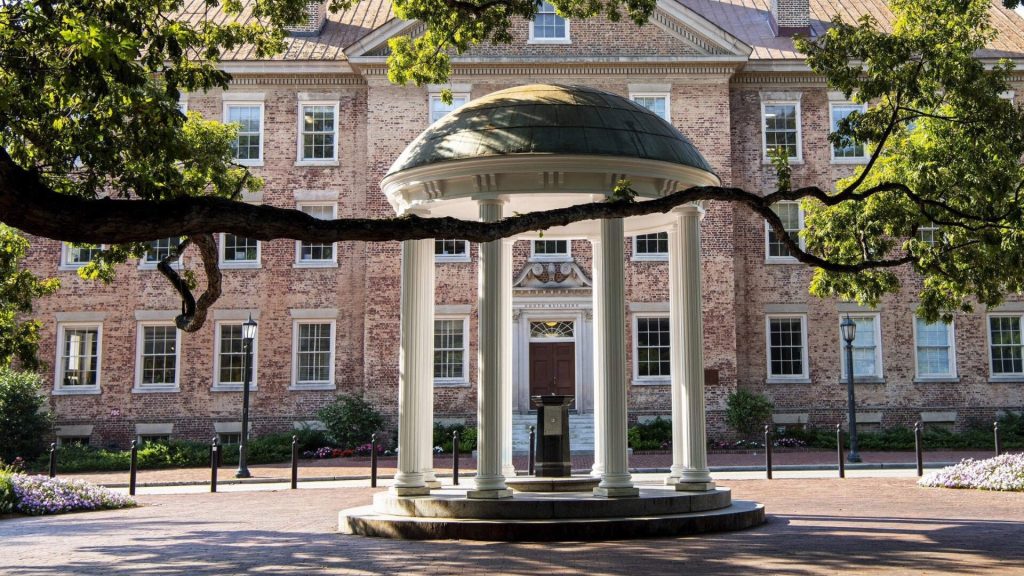
The UNC Chancellor has argued that the proposals threaten academic freedom and the university’s ability to “embrace diversity and promote inclusion.” Faculty groups are also rallying against the bills.
What This Means for Higher Education in Conservative States
The decision by UT Austin shows how anti-DEI laws are already impacting colleges. Conservative legislatures in states like Texas and Florida have enacted laws banning certain diversity and inclusion programs, especially those addressing issues of racial equity.

Public universities in these states now face difficult choices to comply with these new rules. UT Austin’s elimination of dozens of DEI-related positions signifies a major blow to diversity and inclusion efforts, even if some programs remain.
The Butterfly Effect
Other colleges subject to anti-DEI laws can expect a similar fallout. They will have to eliminate or rebrand certain diversity programs and partnerships to avoid legal trouble, even if they value these initiatives.

Faculty and students committed to equity and social justice may feel disillusioned or unwelcome in these settings. Some may leave for colleges in more progressive states that still support diversity and inclusion work.






